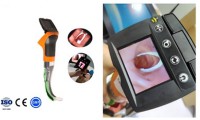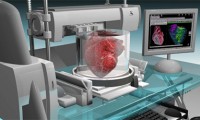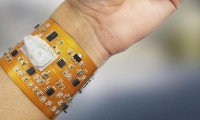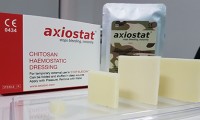-
Younger Children More Influenced by Robots Compared to Adults
- Source: Science Daily
- 1,012
- August 17, 2018
-
3 Video Laryngoscopes to Look Out for
- Source: Ddu
- 1,694
- August 15, 2018
-
Axiostat Becomes the First US FDA-Approved Wound Dressing Product from India
- Source: BusinessToday
- 1,111
- August 3, 2018
-
Scientists use Infrared Sensor as Means for Drug Discovery
- Source: ScienceDaily
- 939
- July 28, 2018
-
New Stroke Imaging Technology could Help Treat Brain Damage Complications Early
- Source: The Verdict
- 1,226
- July 28, 2018
-
New Simplified Formula Tested for Assessment of MRI in Crohn’s Disease
- Source: MDEdge
- 950
- July 25, 2018
-
Electrocore Releases Gammacore Therapy against Migraine and Episodic Cluster Headaches
- Source: FierceBiotech
- 1,109
- July 19, 2018
-
Medtech Startup HeartHero Raises $2m in Seed Funding for its AED
- Source: MassDevice
- 1,082
- July 17, 2018
your submission has already been received.
OK
Subscribe
Please enter a valid Email address!
Submit
The most relevant industry news & insight will be sent to you every two weeks.













